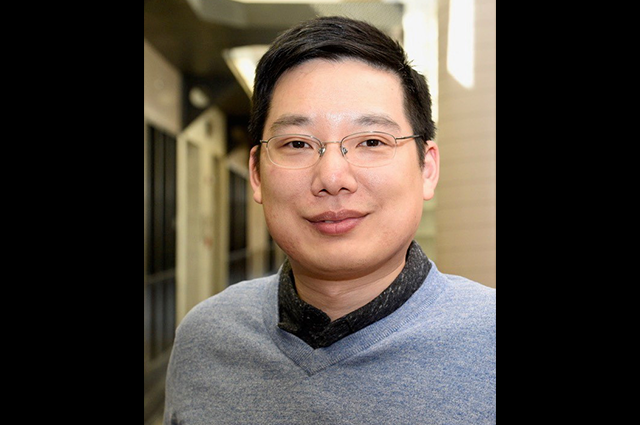Interview with Bert Huang

Bert Huang joined the Department of Computer Science and the Data Intensive Studies Center this fall as an assistant professor. He received his MS and PhD in Computer Science from Columbia University. His research interests include machine learning, data science, structured output learning, algorithmic fairness, and weak supervision. He will be teaching Machine Learning with Limited Annotation (COMP 152) in the spring semester.
Bert shared the following during a brief interview with Sandie Schulenburg from the CS front office:
What attracted you to computer science?
I started programming very young—in middle school—so it began as a hobby. I chose to study CS more in college, and luckily I also enjoyed the more formal ideas in the discipline. I like the mix of math and building things that are unique to CS. I specifically grew interested in artificial intelligence early on, mostly because it sounded like interesting science fiction.
Tell us more about your research. Why did you choose that area and what are you hoping to learn?
Since I began studying it, artificial intelligence became more than science fiction. My research is about making AI work in practical settings. This goal includes helping it process different kinds of data and ensuring its impact on society is fair.
Why did you choose to come to Tufts?
I grew up outside Boston, so I’ve always known about Tufts, and I even applied to Tufts for undergraduate early admission as my first-choice college. I didn’t get in then, but I’m here now! My undergraduate [experience] was at nearby Brandeis University, which is also a research university that feels like a liberal arts school, so I appreciate the environment at Tufts.
Tell us something about yourself that is unrelated to CS.
I’m a big fan of Boston sports teams. Since I spent so many years away from Boston—in New York, Maryland, and Virginia—I’ve had to jump through hoops to watch the local teams on TV. Now I just turn on the TV, and my favorite teams are playing.
Department:
Computer Science